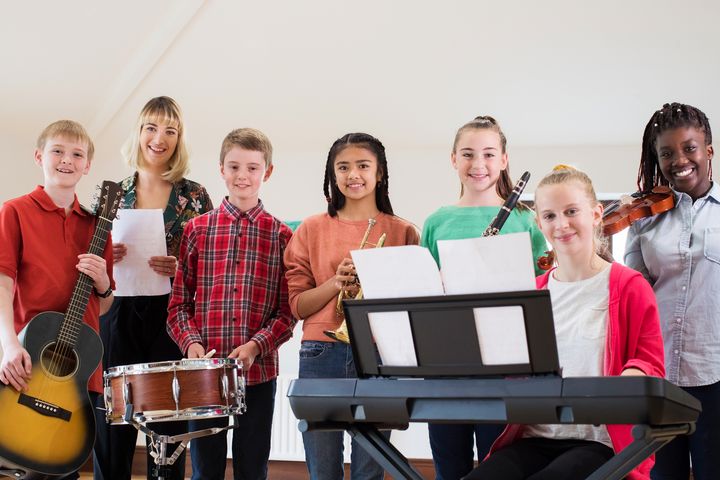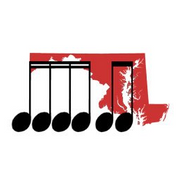CAN MUSIC EDUCATION PROGRAMS SURVIVE AND PROSPER IN TODAY’S ECONOMIC CLIMATE?

CAN MUSIC EDUCATION PROGRAMS SURVIVE AND PROSPER IN TODAY’S ECONOMIC CLIMATE?
By Dr. Joan Spicknall
The answer is YES, if…There are many variables contributing to that conclusion, and when a certain number of them combine, a positive outcome is sure to result! To begin with, let’s establish the premise that “every student in the nation should have an education in the arts!” This quote is the opening statement from “The Value and Quality of Arts Education: A Statement of Principles” which was a document collectively written and endorsed by the nation’s ten most important educational organizations including the American Association of School Administrators, the National Education Association, the National Parent Teachers Association, and the National School Boards Association.
With that being said, many schools and school systems around the country find themselves in the position of continually needing to remind the’ powers that be’ that music programs in [and out of] schools help our kids and communities in real and substantial ways by providing many benefits, [substantiated by measurable results shown in numerous studies over the years], such as:
- Coordination
- Dexterity
- Flexibility
- Listening skills
- Self-discipline
- Self-esteem
- Motivational development
- Creative thinking
- Abstract reasoning
- Aesthetic development
- Social skills
- Management of emotions
- Cooperative behavior
“The intrinsic value of music for each individual is widely recognized in the many cultures that make up American life – indeed, every human culture uses music to carry forward its ideas and ideals. The importance of music to our economy is without doubt, and the value of music in shaping individual abilities and character are evident” – MENC
Let’s therefore, consider ways in which music education programs can survive and prosper in today’s economic climate in the 21st century. Dr. Kevin Purrone has made some thoughtful observations in his article “Music Education and Society in the 21st Century.” He asks us to think about, and I quote the following:
- “The declining relevance of Western European art music and the rising relevance and “classicalization” of American vernacular music of the 20th century
- A two-pronged effect of the use of technology for music performance and creativity: the unemployment of traditional, professional human performers and the rise of” amateur” creativity.
- A continual equalization and democratization of society in general, and the growing resurgence of “avocational” and amateur musicianship
- Changes in music education at institutions of higher learning
He concludes his article by stating that “hopefully, we do not have to give up too much of what we treasure; we do not give up our humanity as the 21st century [continues to] unfolds, it would be tragic to wake up in 2099 to see a world where harmony and pitch are forgotten in favor of amorphous noise with barking voices speaking unintelligible sounds of sadistic sensibility. More positive possibilities exist for those who tame the raw aggression of uncultured creativity with those elevated elements musicians of past eras discovered and valued.”
We must also embrace, respect, and value the traditions, including the arts, music in particular, ideas, and ideals of our many cultures, racial and ethnic groups in today’s global society, so that together, we can all move forward in peace and harmony to create an atmosphere, not only to survive in today’s economy but for all of us to prosper!
Dr. Joan Spicknall is Director of The Suzuki Music School of Maryland, Inc.(SMSMD) and The Suzuki Music School Touring Ensemble, Inc. (TSMSTE). She can be reached by phone at 410-964-1983 or via email at director@suzukimusicschool.com.
About the Business
Have a question? Ask the experts!
Send your question

